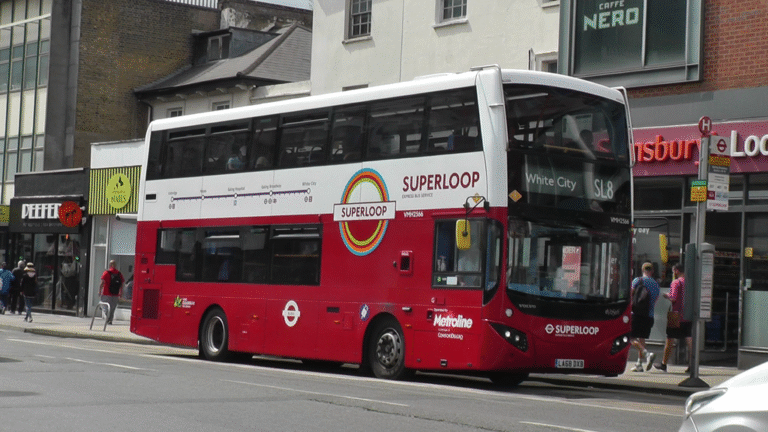If you are purchasing or selling a property or land and it is affected by a rentcharge.
Whether you are purchasing or selling a freehold property either registered or unregistered it is essential you are aware of any rentcharges that might affect the property or land.
Despite freehold rentcharges reaching far back in the nineteenth century, they affect several properties including areas of Manchester, Bristol and various areas of south Wales.
So what is a freehold rentcharge?
Freehold rentcharge, is a periodic sum of money (normally paid annually) which is issued out of a charge on land. This normally arises outside the normal landlord and tenant relationship and the rentowner (the person who receives the money) has no other legal interest over the land.
Freehold rentcharges came into existence which helped benefit the original owner to receive a sum of money as an income from future owners of the property even after it was sold.
Once a freehold rentcharge is created it will continue to apply to all future owners even if the land is unregistered and will continues to bind all the land even if it’s later divided and sold off in plots. On the registration of the land the rentcharge is also noted in the charges register subsection of the official copy of the register.
If the property is subject to a freehold rentcharge the owner/purchaser must pay the rentcharge (normally a small sum of approximately ten pounds or less) which is normally a fixed sum.
Despite the freehold rentcharge being a small sum failure to pay can result in proceedings being brought against you in a County court, your bank or building society being made aware of the default or even repossession of your property in extreme cases.
Also many covenants over the property require the consent of the rentcharge owner for any external alterations to the property hence it is important to be aware of who the rentowner is.
Extinction of freehold rentcharge
Main ways in which a rentcharge can become extinct are:
- The rentcharge owner abandoning the rent charge
- Buying the rentcharge from the rentowner privately- this could cost up to 20 times the annual rentcharge
- By redemption under Rentcharges Act 1977
- All rentcharges will come to an end by the year 2037 or after sixty years from the date of the rentcharge becoming payable (whichever comes later)
- The Rentcharges Act 1977 prevented the creation of new freehold ground rents except in very limited circumstances. Therefore after 22nd August 1977 it would be very difficult to create a new rentcharge
PLS Solicitors specialise in advising on the complex area of residential property law, especially freehold rentcharge. We offer a friendly, efficient and effective legal advice on any area of residential property.
This article is part of our “Expert Advice” series and features advice from Aashim Dhand, Managing Director at PLS Solicitors. For more help get in contact with PLS here.










